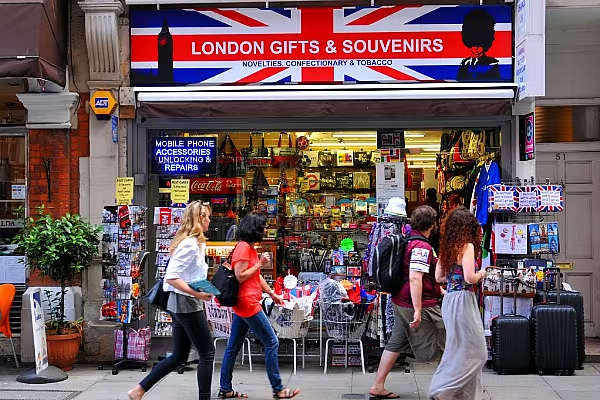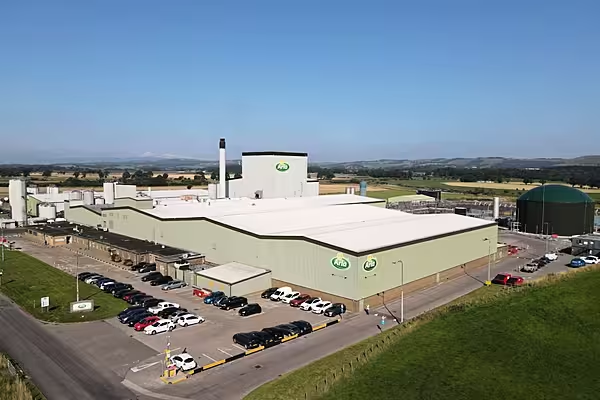U.K. consumers regained their footing after June’s inconclusive election sent confidence to the lowest since the Brexit vote.
An index of consumer confidence rose to 107.3 in July, up from 107.1 the previous month, according to a report from YouGov and the Centre for Economic and Business Research on Tuesday. The report indicates a small improvement since the election in which Prime Minister Theresa May lost her parliamentary majority, albeit from a level that was only slightly higher than its post-referendum low.
Mitigating Factors
Faster inflation, fanned by the pound’s decline since the decision to leave the European Union last year, along with tepid wage growth are eroding households’ real incomes.
The U.K. economy experienced an abrupt slowdown in the first half of the year, highlighting the trade off Bank of England policy makers face between reining in inflation and supporting growth.
'Absorbed The Turbulence'
“Consumers have absorbed the turbulence of the past couple of months and things have settled down,” said Stephen Harmston, head of YouGov Reports. “It is notable, though, that consumer confidence remains below the level we saw before the election and is still significantly lower than before the EU referendum. As the slow puncture in household finances continues it is clear that people are feeling the effects of inflation in their day-to-day lives.”
A mixed report for July saw improvements in job security over the past 30 days as well as expectations for household finances over the next 12 months. Meanwhile, the backward-looking gauge of household finances fell for a fourth month, while the house value metric for the next year dropped to the lowest since May 2013. While any score over 100 means more consumers are confident than unconfident, the index has not recorded back-to-back readings of below 108 since 2013.
The BOE will announce its next interest-rate decision on Thursday.
News by Bloomberg, edited by ESM. Click subscribe to sign up to ESM: The European Supermarket Magazine.











